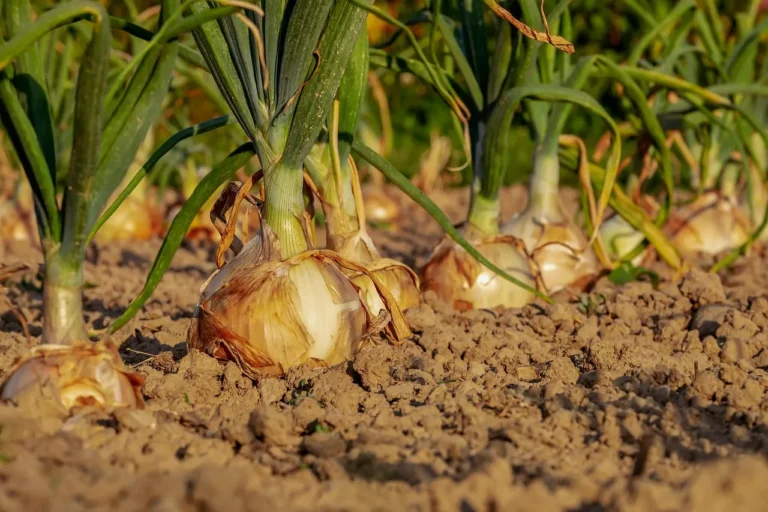
The loss of nature and the impacts of climate change are posing significant risks to economies, businesses, and communities worldwide. Approximately 3.2 billion people are adversely affected by land degradation, and around 1 million plant and animal species are at risk of extinction. For the one in five people globally who rely directly on wild species for their income and food, this is a pressing concern.
However, with better stewardship, nature can be a powerful ally in addressing climate change, reducing inequalities, and improving livelihoods.
At Unilever, we have been dedicated to the nature agenda for a long time, achieving some significant successes. By the end of 2023, we were independently verified as 97.5% deforestation-free in sourcing our five key commodities. Despite this, we recognize the need to do more.
As part of our updated sustainability plan, we have set ambitious targets to preserve nature. We are committed to acting with greater urgency, delivering tangible results, and advocating for real change.
Growing the Impact of Our Nature Goals
Our updated goals focus on areas where we can deliver significant impact while challenging ourselves to achieve the best possible outcomes for nature. The key to our strategy is fostering resilient and regenerative natural and agricultural ecosystems.
We aim to protect and restore more land, implementing regenerative agricultural practices across 1 million hectares of farmland and restoring another 1 million hectares through our landscape work. We are committed to ensuring our primary deforestation-linked commodity supply chains remain free from deforestation and will verify 95% of our key crop volumes as sustainably sourced by 2030. Additionally, we plan to preserve water resources by addressing shared water challenges within and beyond our operations, setting up programs in 100 water-stressed locations by 2030.
Interlinked Solutions to Maximize Impact
Achieving these goals requires a multi-pronged, interlinked approach. For example, our efforts to tackle deforestation include transforming our supply chain and those of our suppliers, investing in infrastructure, technology, and innovation for better traceability and land use, and working with farmers and smallholders to support deforestation-free practices and provide alternative income streams. We also engage with other businesses and governments to advocate for broader change.
The interconnected nature of ecosystems means that progress in one area often benefits another. For instance, our landscape-focused approach to tackling deforestation will help us meet our goal of protecting and restoring 1 million hectares of natural ecosystems.
Our existing landscape programs in Aceh, North Sumatra, Riau, and Central Kalimantan in Indonesia, and Sabah, Malaysia, have already helped protect 290,000 hectares of forests and land in South-East Asia. We aim to replicate this success elsewhere.
Collaboration for Restoring the Natural Balance
Collaboration is crucial, especially on the ground. We cannot meet these goals without the support of smallholders and communities whose livelihoods depend on the landscapes where our crops are grown.
We will help smallholders increase their incomes through certification and income growth programs aimed at improving crop yields. These ‘smartmix’ interventions include diversifying income streams, accessing credit, and providing labor-saving tools. We’ve helped cocoa farmers secure land rights and supported agroforestry projects in Côte D’Ivoire. We also assist independent smallholder farmers by sourcing directly from them and supporting their efforts to grow other crops.
Partnerships to Protect Nature
Creating change requires strong partnerships. Building a sustainable future relies on collaboration with those who share our values and ambition. With our suppliers, we have established clear requirements in our People & Nature Policy to protect forest-related commodities and promote human rights.
We work closely with governments to encourage political leadership and need stronger actions from businesses and peers. Our collaboration with NGOs in landscape programs allows us to develop scalable solutions, pilot multi-stakeholder approaches, and share lessons to help transform the industry.
Investing in Nature
More than half of the world’s total GDP, equating to $44 trillion of economic value generation, depends moderately or highly on nature and its services. At Unilever, we recognize that our business cannot exist without functioning natural systems. To harness the environmental and social solutions that nature provides and preserve essential natural resources, we need a radical shift in our collective mindset.
Our new nature goals acknowledge the role we must play in rebalancing our ecosystems and will help us act together to make sustainability commonplace.





